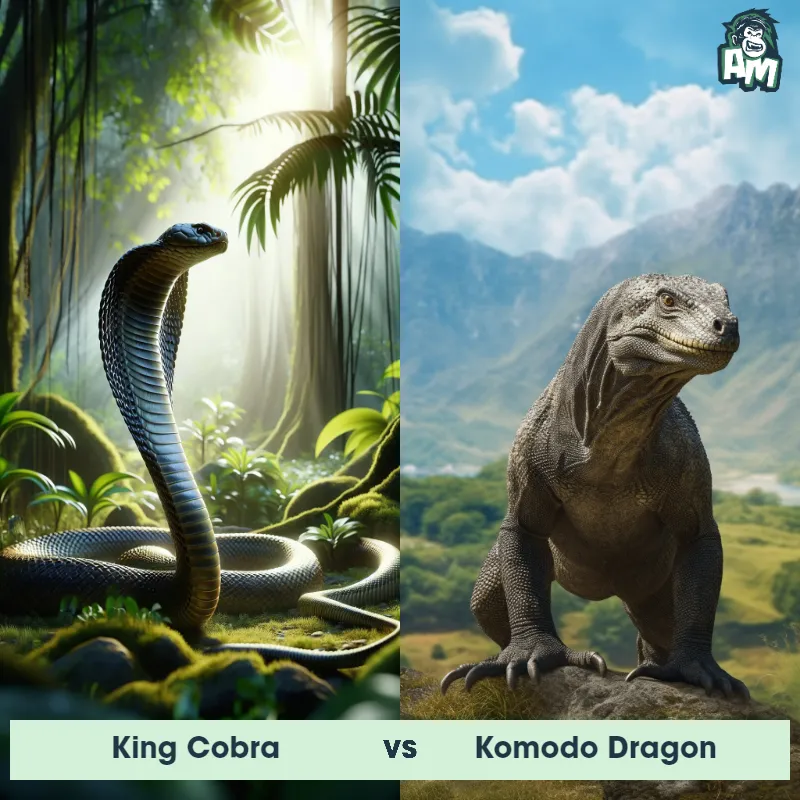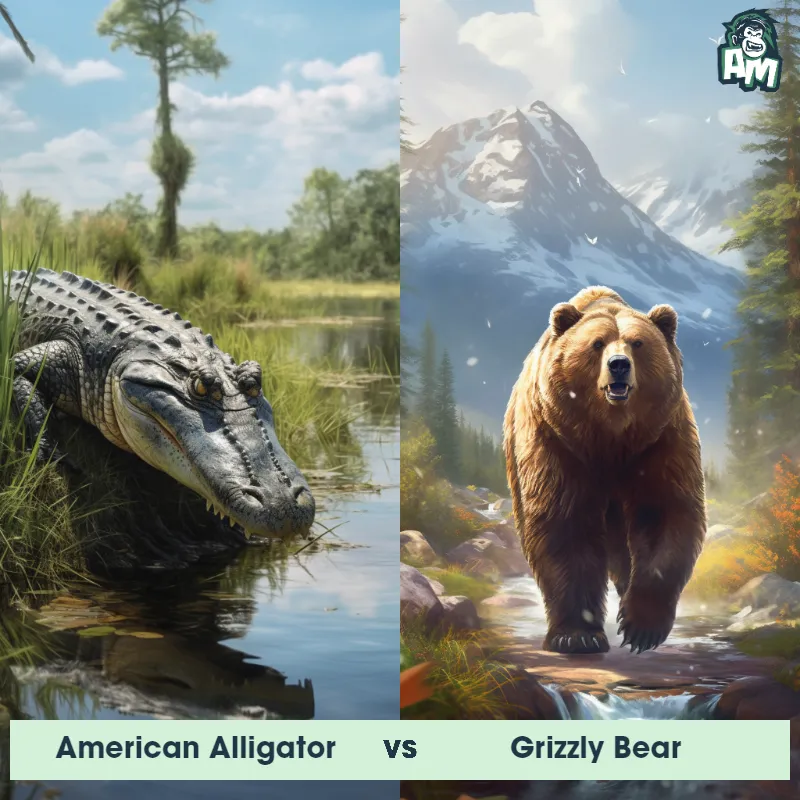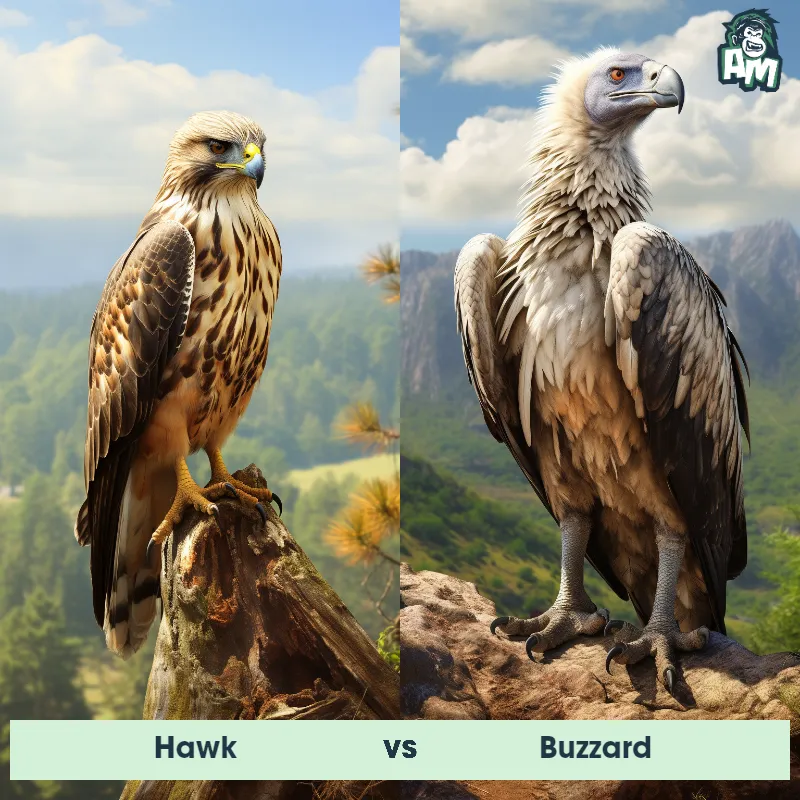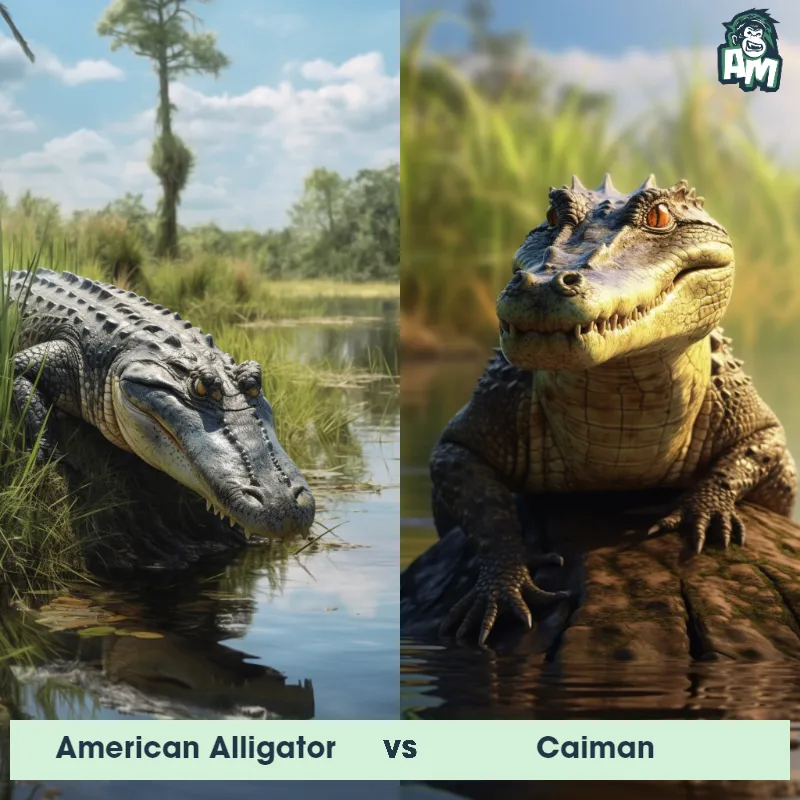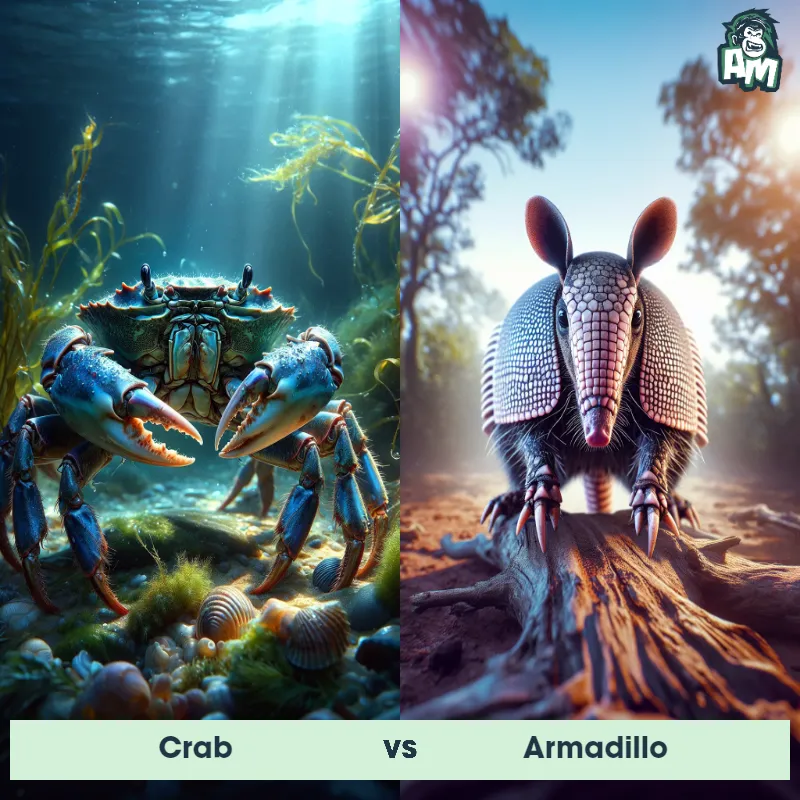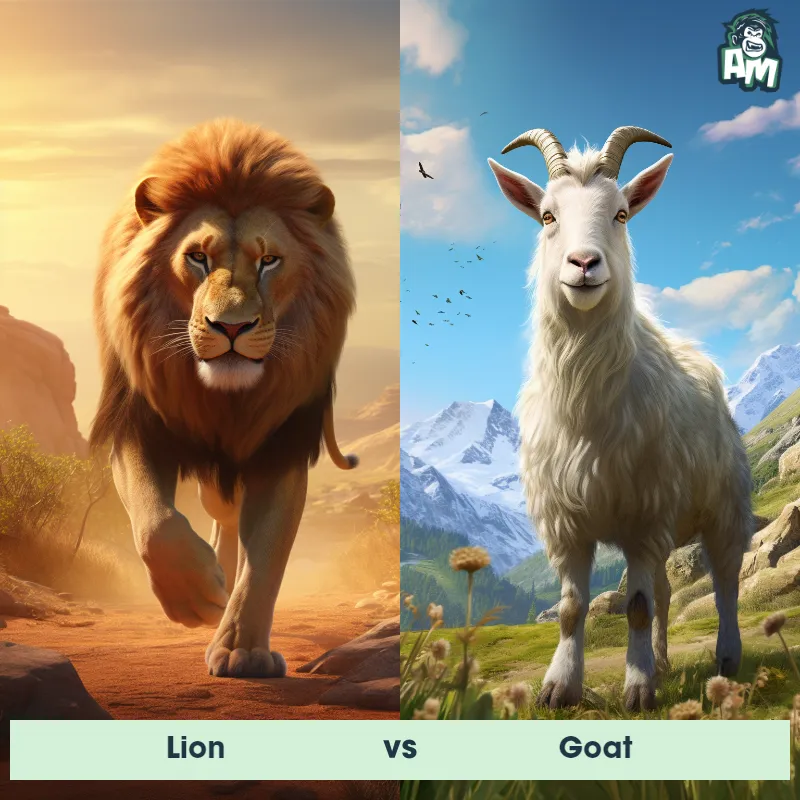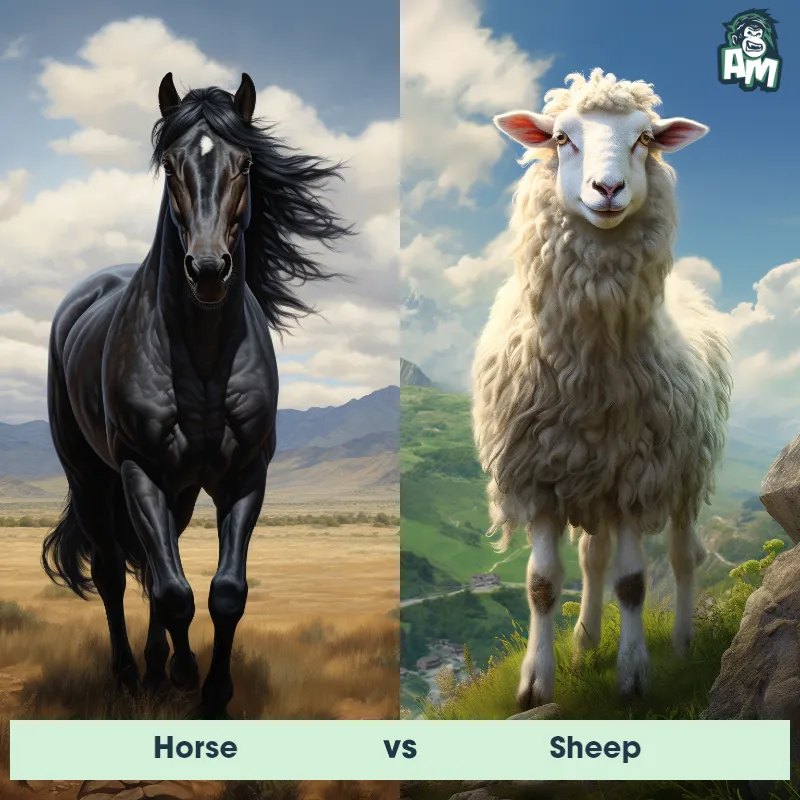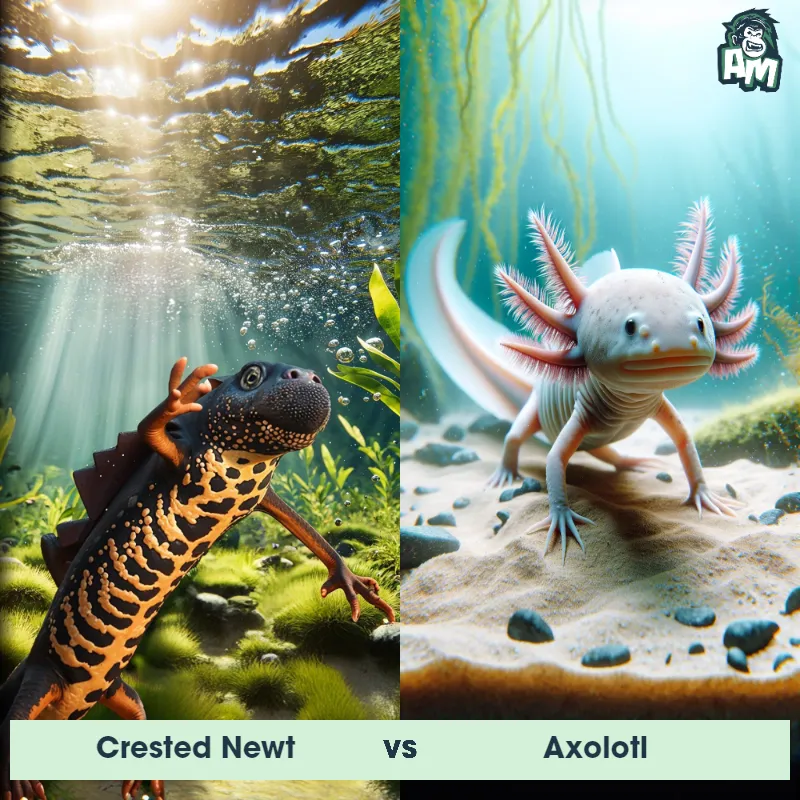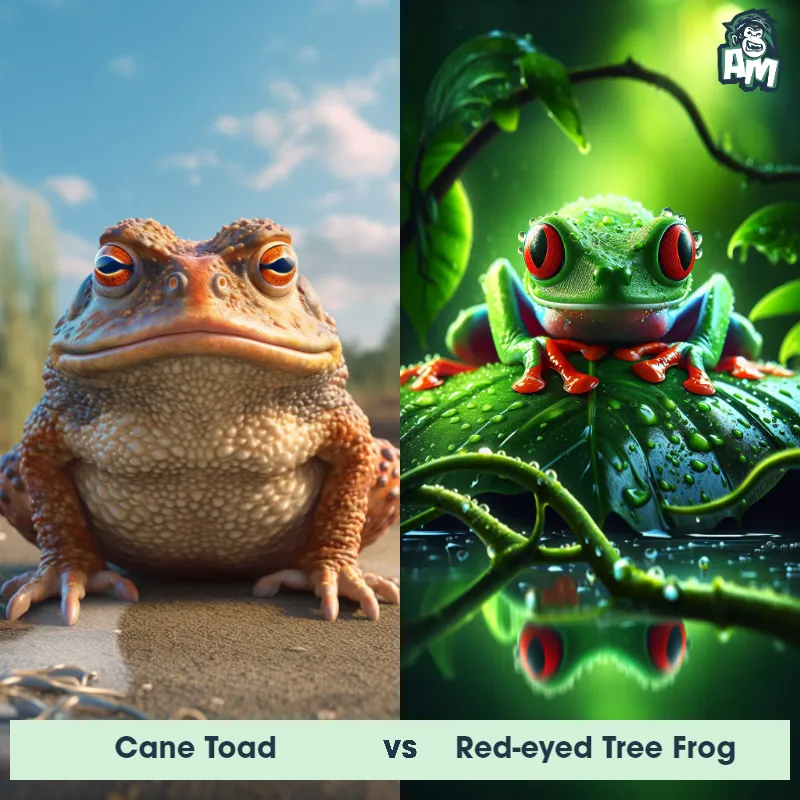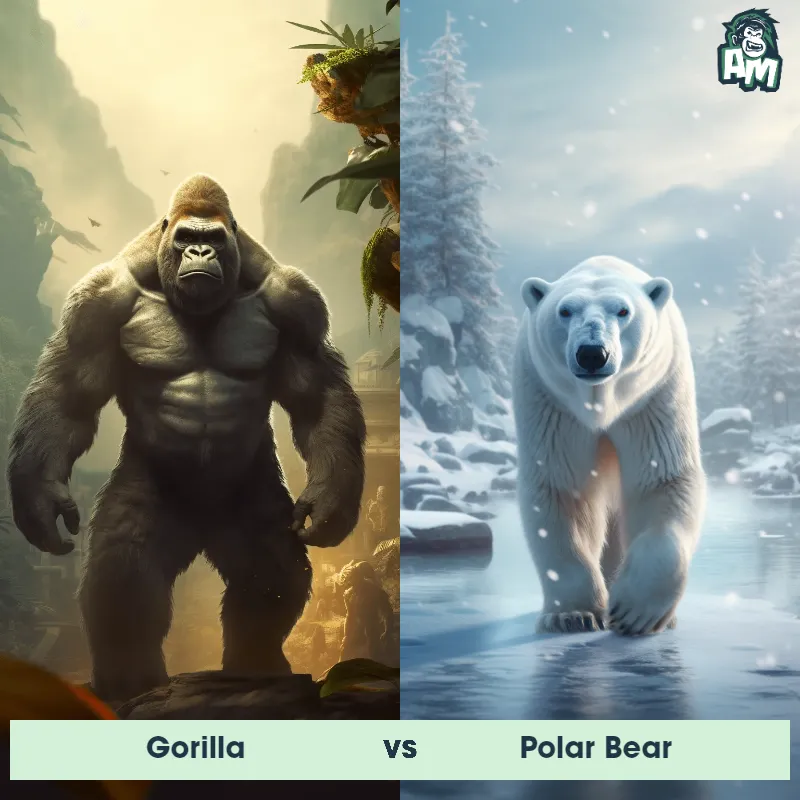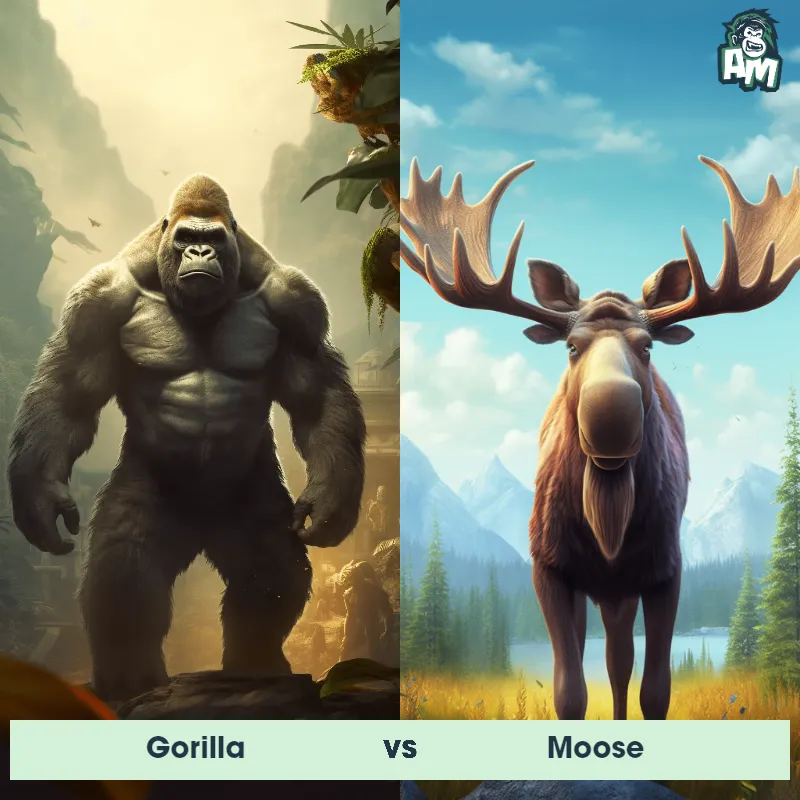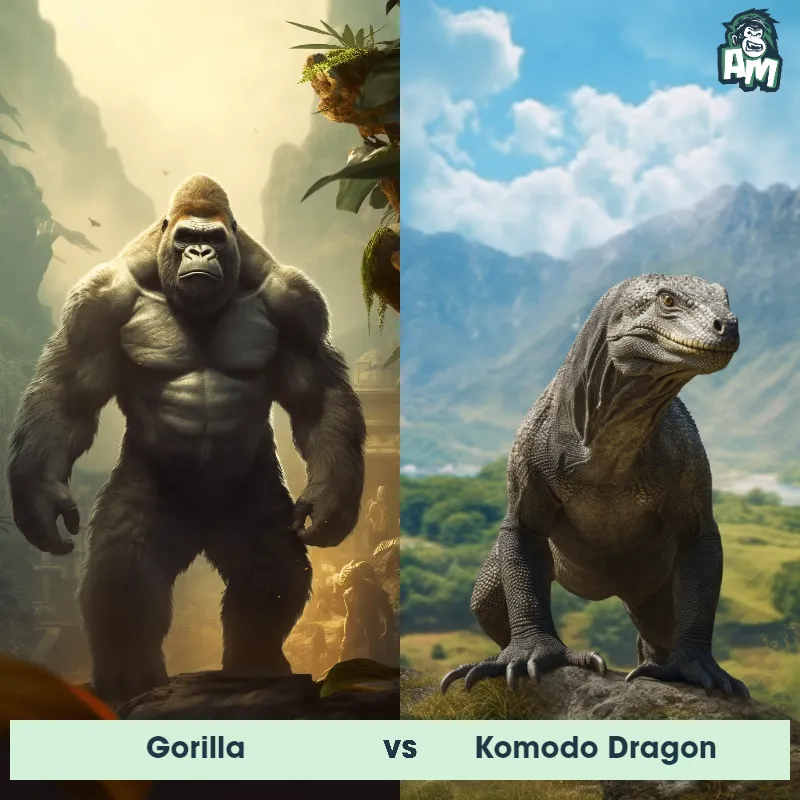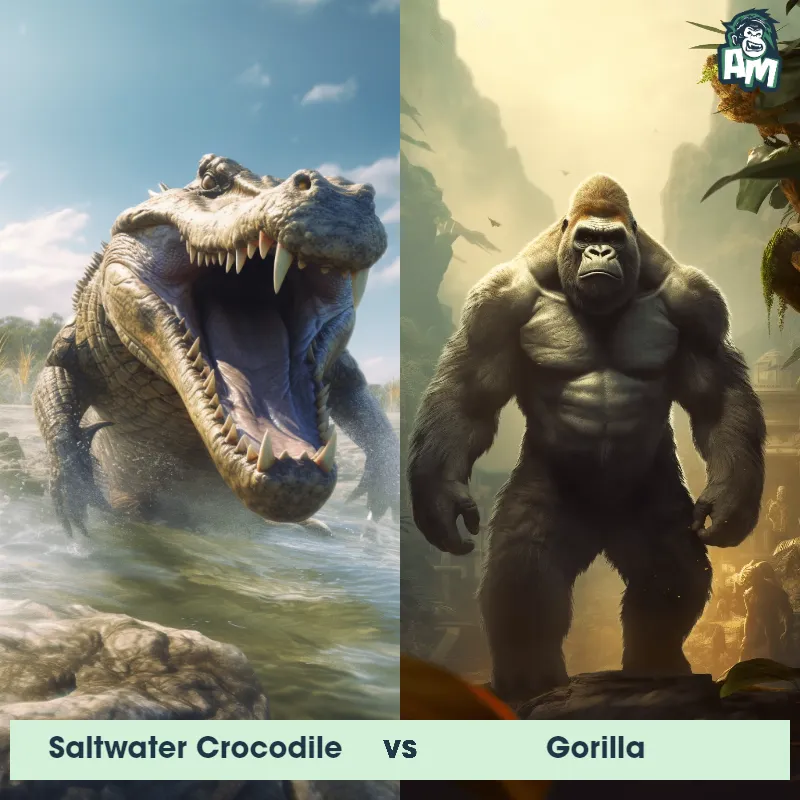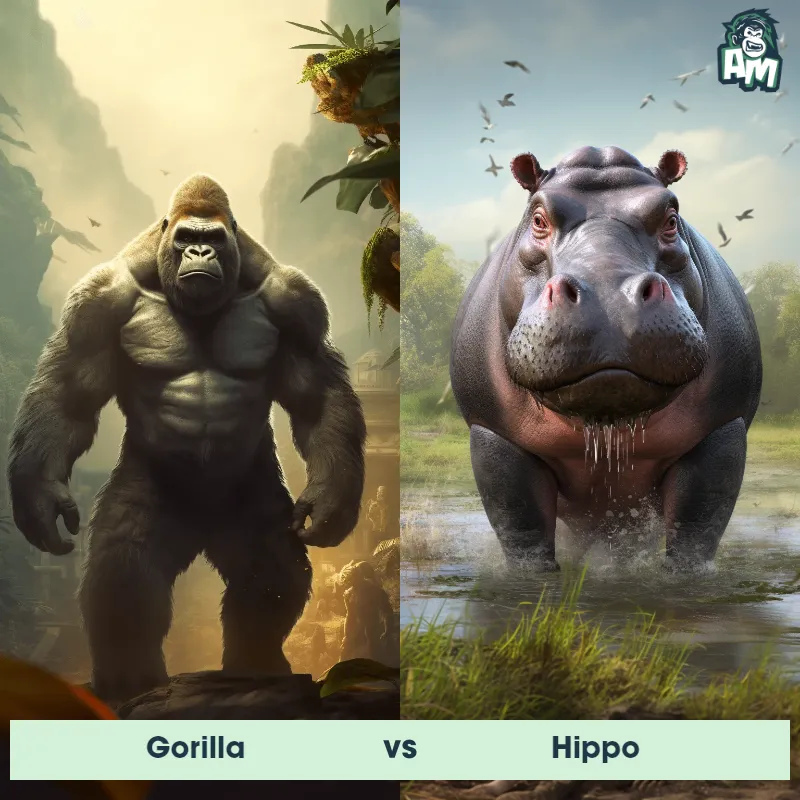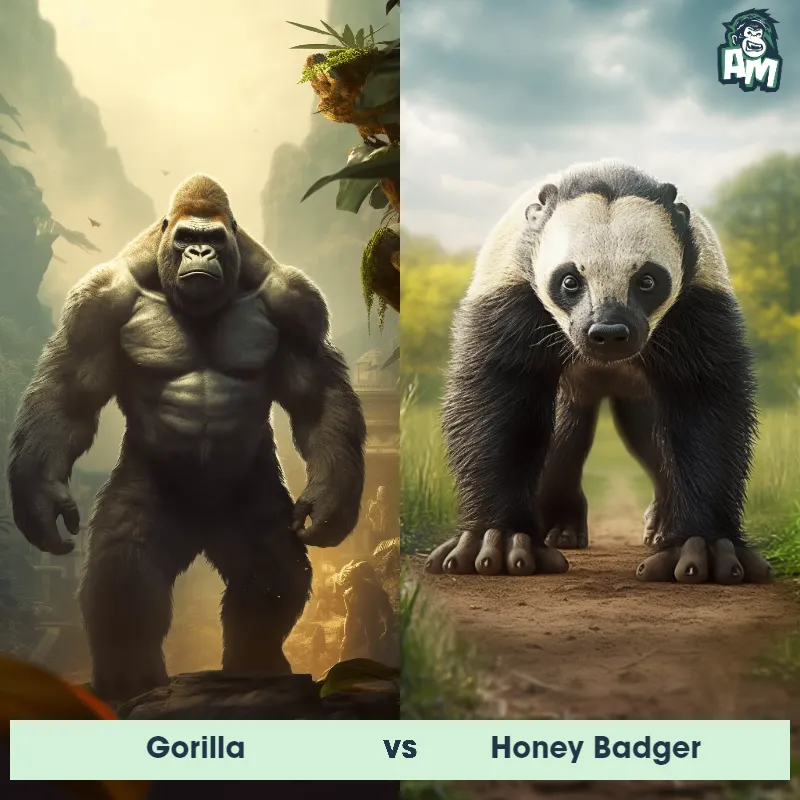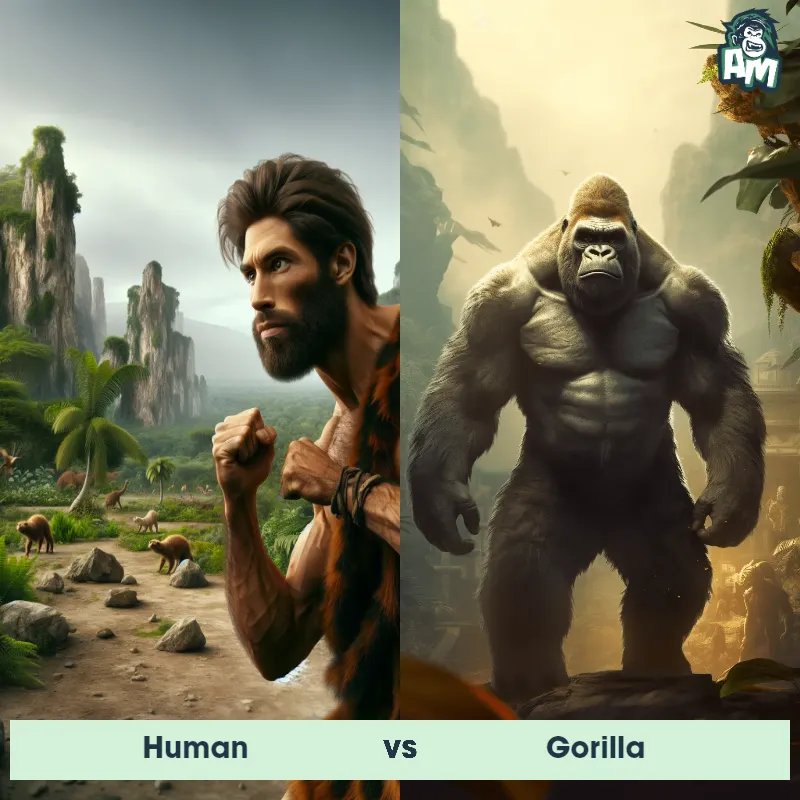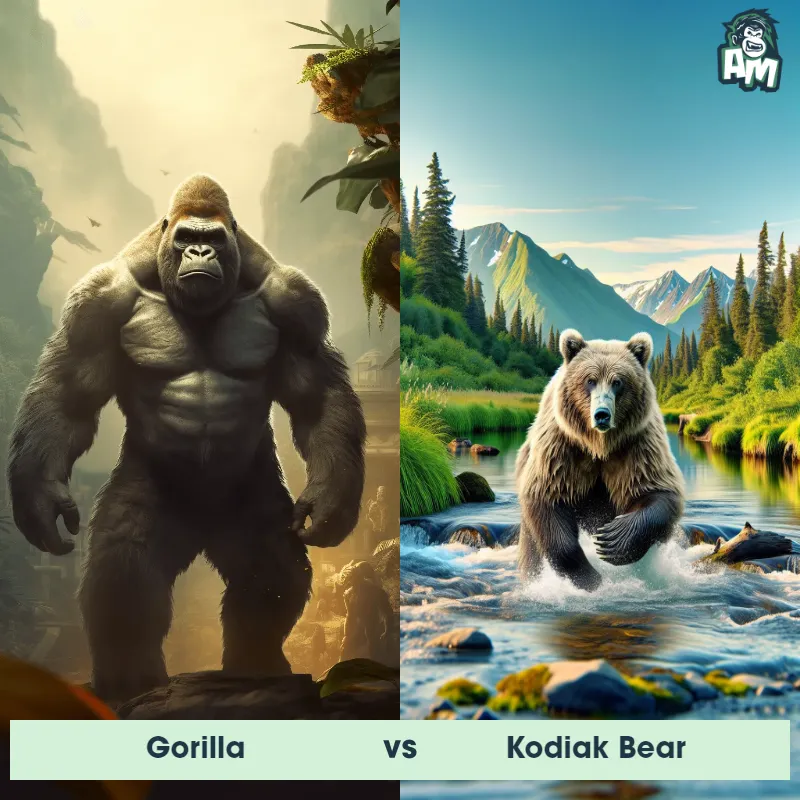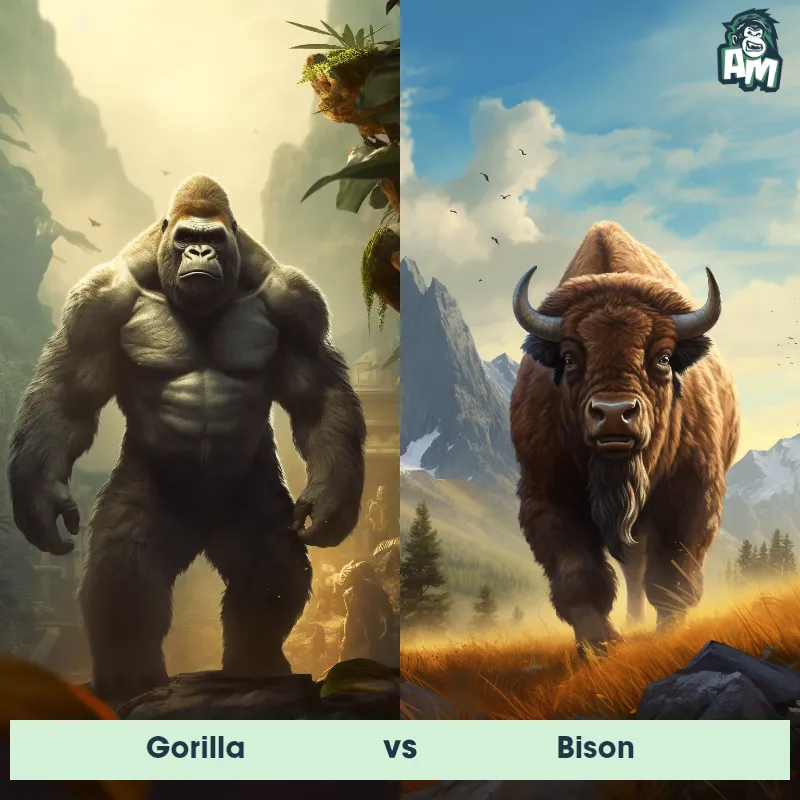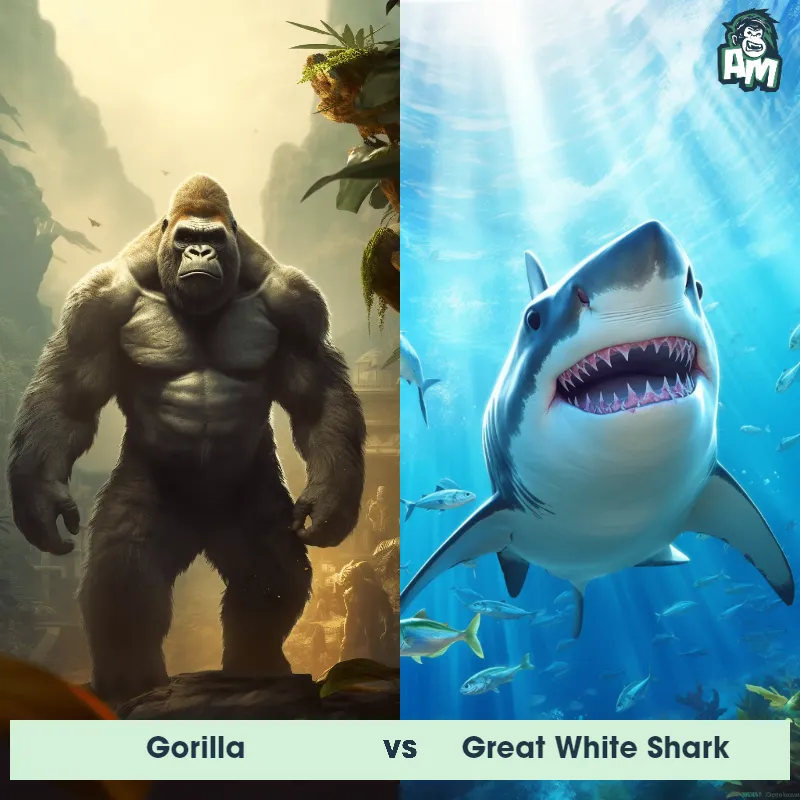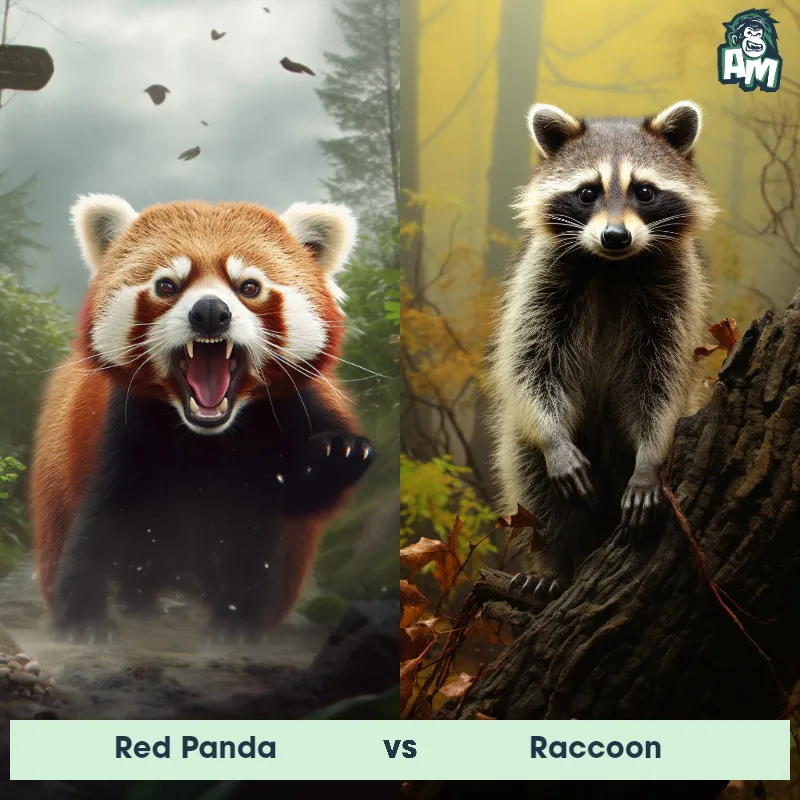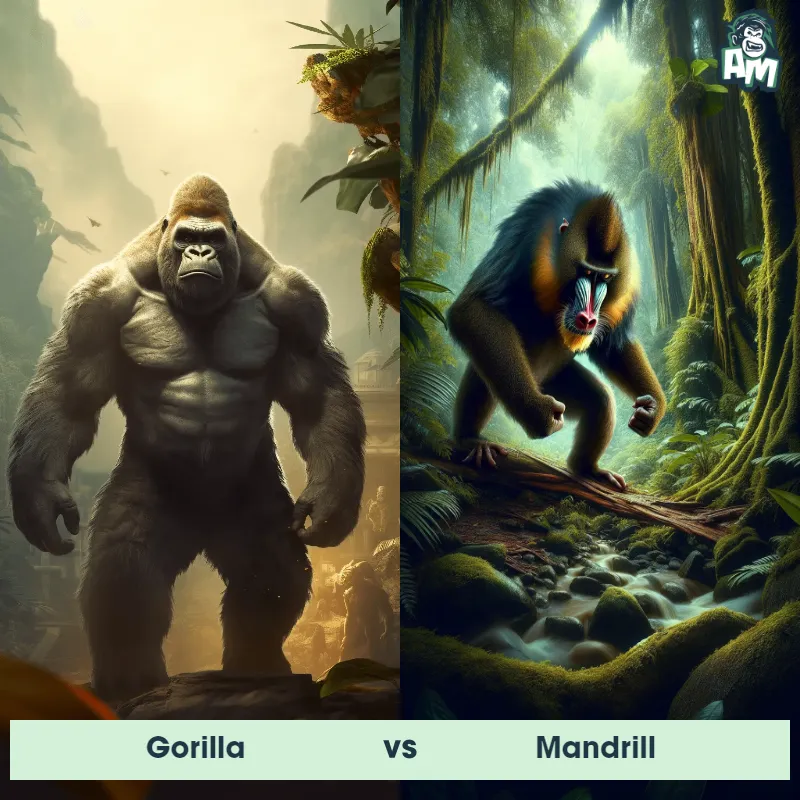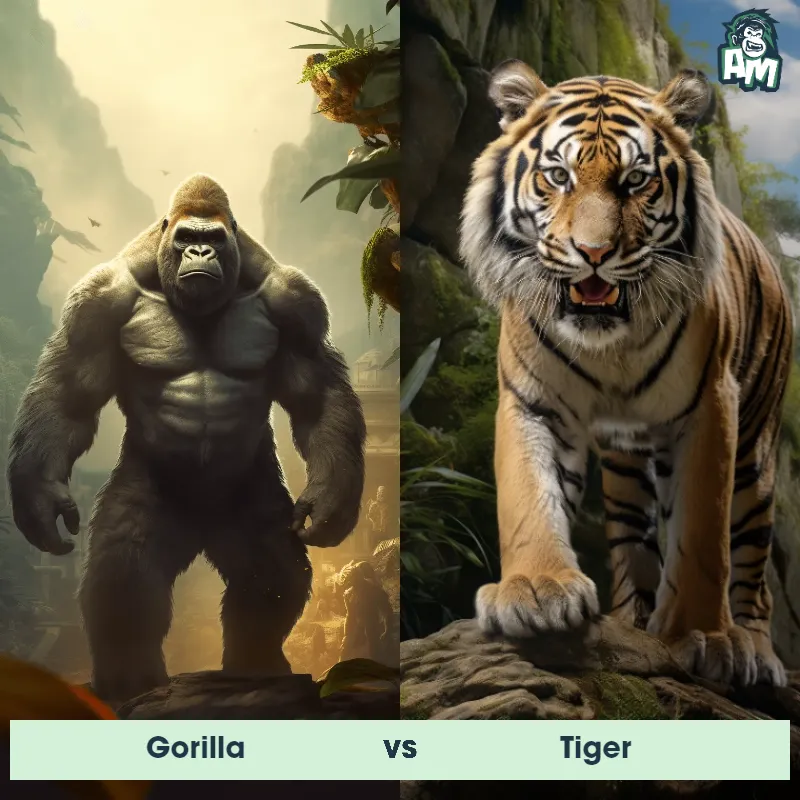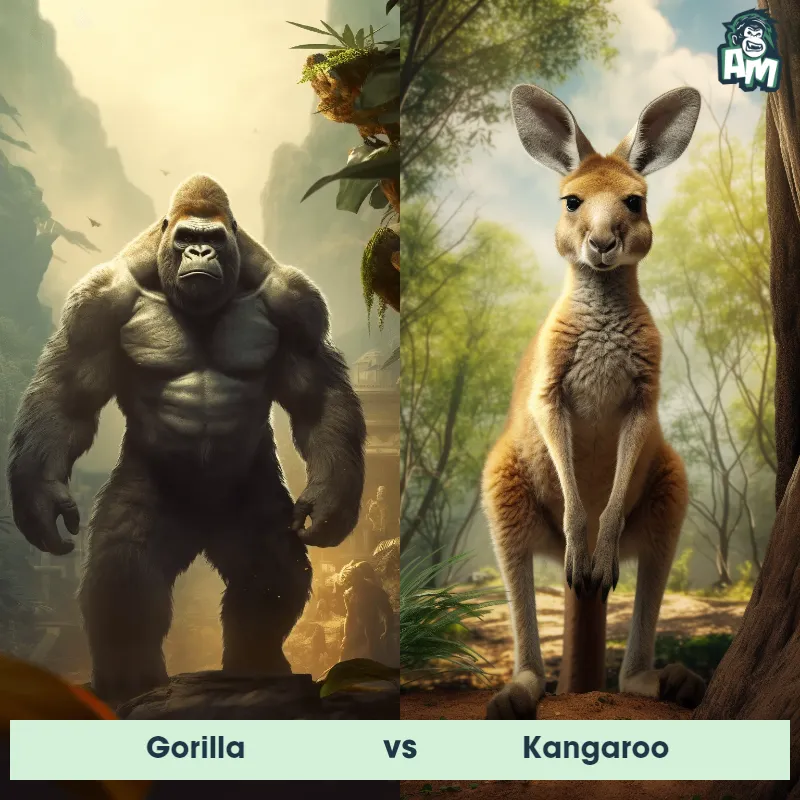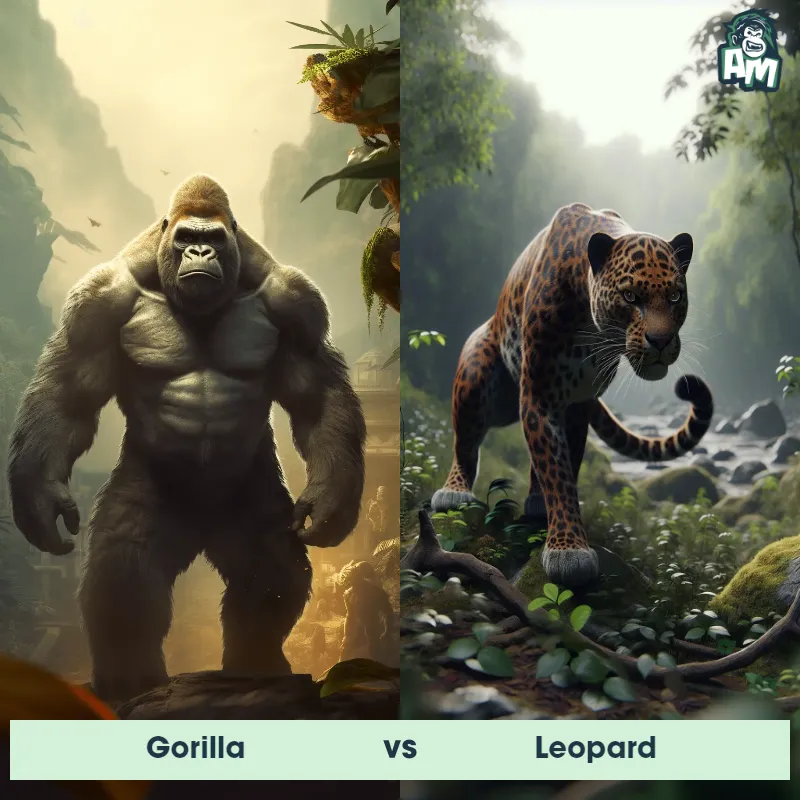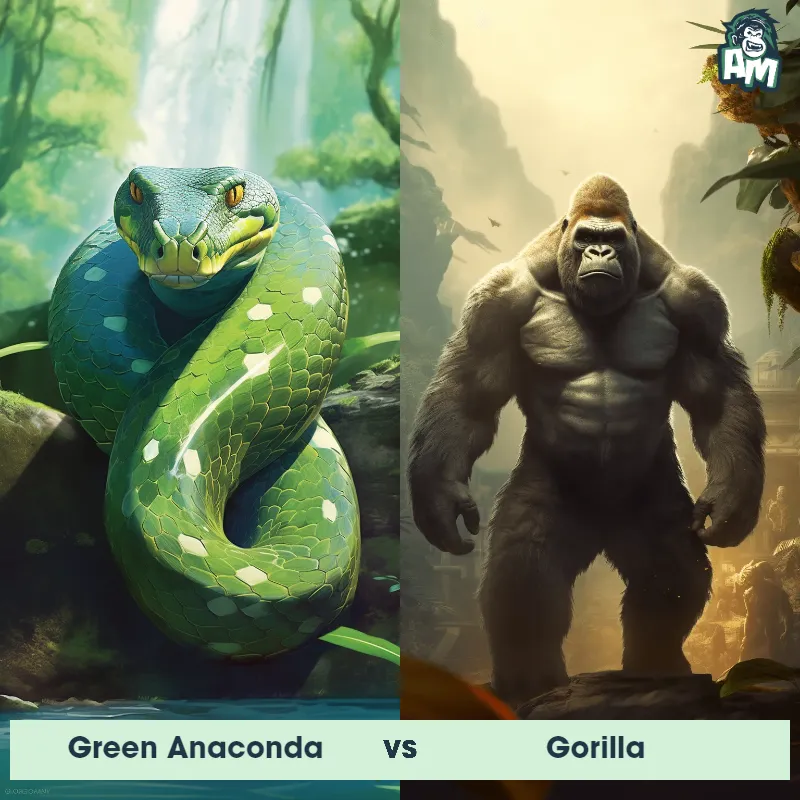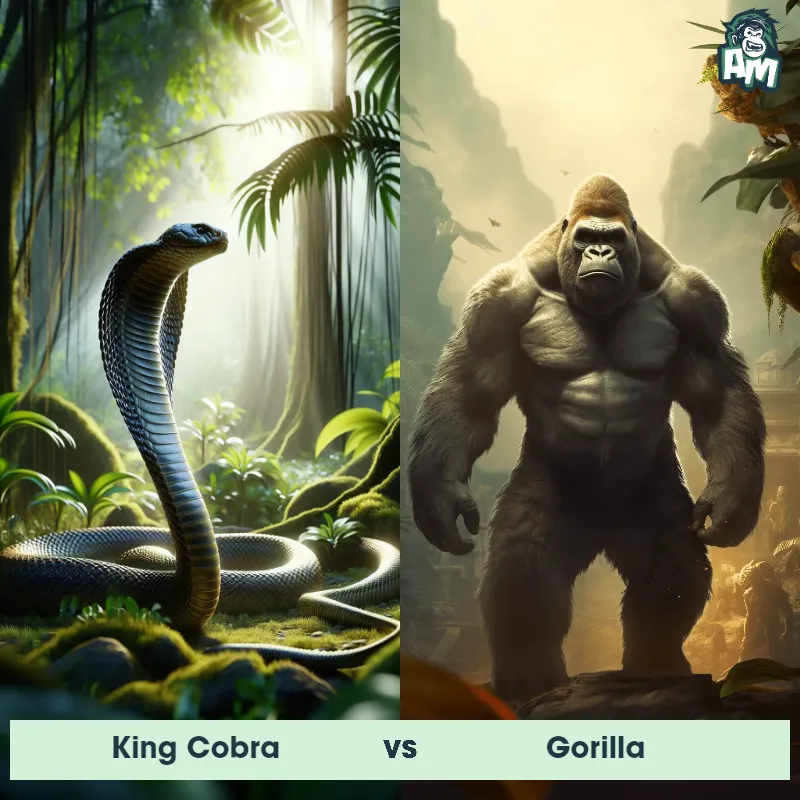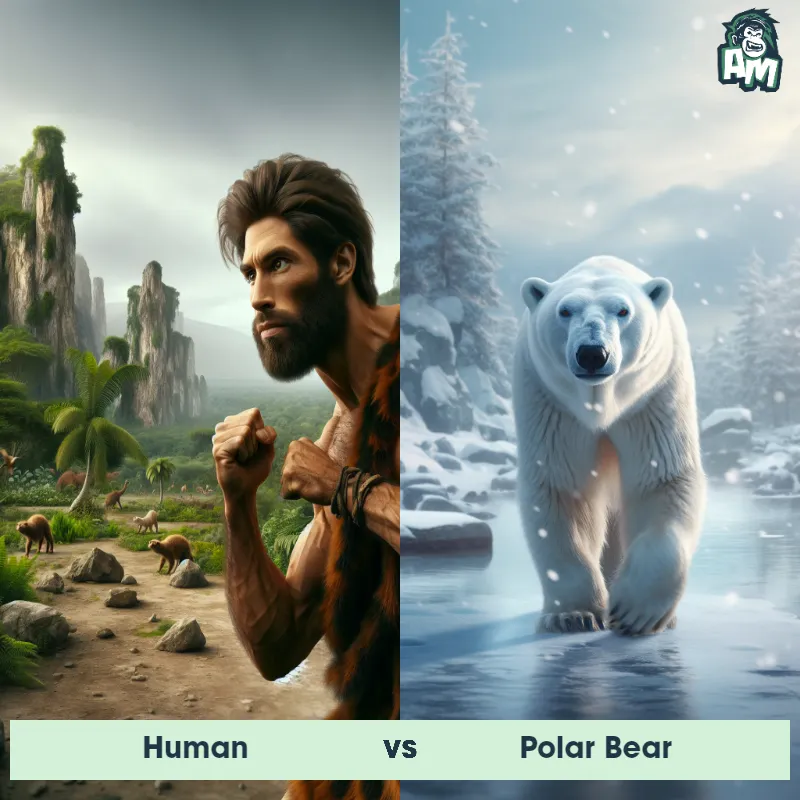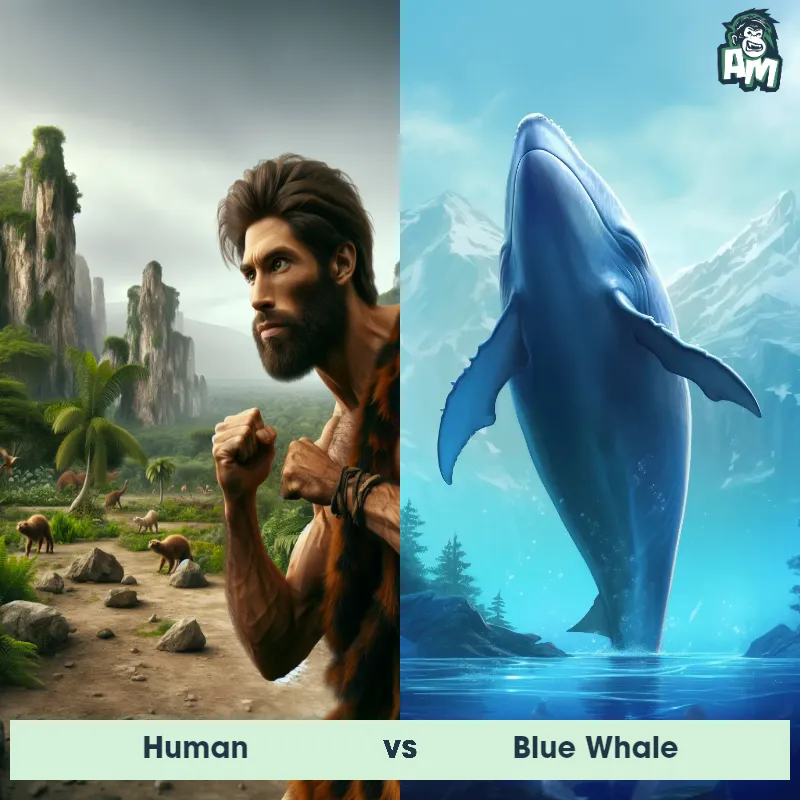Human vs RaccoonSee Who Wins

Welcome, ladies and gentlemen, to this highly anticipated matchup between a human and a raccoon. Both competitors are ready to show off their skills in this three-round fight. Let's see who will come out victorious in this unique battle.
Contender 1: Human
The human, Homo sapiens, is a highly intelligent and social primate species. They are characterized by their upright posture, opposable thumbs, and relatively hairless bodies compared to other mammals. Humans have complex brains that enable them to think, reason, and communicate through language. They possess a wide range of physical variations in height, weight, and skin color due to genetic diversity. Humans are known for their adaptability and capacity to use tools, which has allowed them to thrive in a variety of environments across the globe.
![[object Object] Gif](https://tenor.com/view/hungry-caveman-muppetwiki-muppet-wiki-jim-henson-gif-11005515308056547982.gif)
Fun Fact: Humans are the only known species capable of abstract thinking, allowing them to conceptualize ideas and think in terms of concepts that do not have a physical presence.
Contender 2: Raccoon
The Raccoon is a medium-sized mammal native to North America, best known for its distinctive black "mask" over the eyes and bushy, ringed tail. These nocturnal creatures have a stocky build and grayish-brown fur. Raccoons are about 2 to 3 feet long and weigh between 10 to 20 pounds. Known for their dexterity, raccoons have nimble hands that they use for a variety of tasks, including opening trash cans and doors, which leads to their reputation as opportunistic feeders and scavengers.
Fun Fact: Raccoons are noted for their intelligence, with studies showing that they are able to remember the solution to tasks for up to three years.
Matchup Stats
| Human | Raccoon | |
|---|---|---|
| Size | Average height of 5 feet 7 inches (170 cm) | 2 to 3 feet long (60 to 90 centimeters) |
| Weight | Average weight of 154 pounds (70 kg) | 10 to 20 pounds (4.5 to 9 kilograms) |
| Speed | 27.8 mph (44.7 km/h) | 15mph (24km/h) |
| Key Strength | Intelligence and ability to strategize | Dexterity and intelligence |
| Biggest Weakness | Lack of physical strength compared to some animals | Lack of size and strength compared to larger predators |
Current Votes
Human vs Raccoon
See Who Wins
View More Matches
Looking For More?
Similar Matches
Scientific Stats
| Human | Raccoon | |
|---|---|---|
| Scientific Name | Homo sapiens | Procyon lotor |
| Family | Hominidae | Procyonidae |
| Habitat | Diverse habitats, including forests, grasslands, deserts, and urban areas | Forests, mountainous areas, coastal marshes, and urban areas |
| Geography | Found on all continents | North America |
| Diet | Omnivorous, with a preference for cooked food | Omnivorous, eating berries, insects, eggs, and small animals, as well as trash and pet food in urban areas |
| Lifespan | 70 years - 90 years | 1.5 years - 3 years |
Key Differences between Human and Raccoon
- Color: Humans have a range of skin tones, from light to dark, while raccoons have a distinctive black "mask" over their eyes and grayish-brown fur with a ringed tail.
- Facial features: Humans have a flat face with a prominent nose, while raccoons have a pointed snout, small ears, and sharp claws for scavenging food.
- Behavior: Humans are social beings that communicate through language and complex social structures, while raccoons are solitary creatures that communicate through body language, vocalizations, and scent markings.
- Habitat: Humans predominantly live in urban areas and structures, while raccoons are found in forests, marshes, and urban environments, often scavenging for food near human settlements.
- Size: Humans are generally much larger in size compared to raccoons, with adults typically standing over 5 feet tall and weighing over 100 pounds, while raccoons are only about 2-3 feet long and weigh between 10-30 pounds.
- Posture: Humans walk upright on two legs, while raccoons walk on all fours with a hunched posture, using their front paws to manipulate objects.



